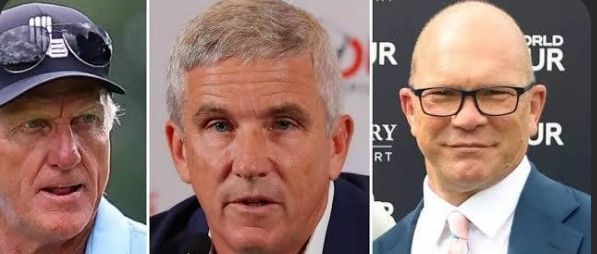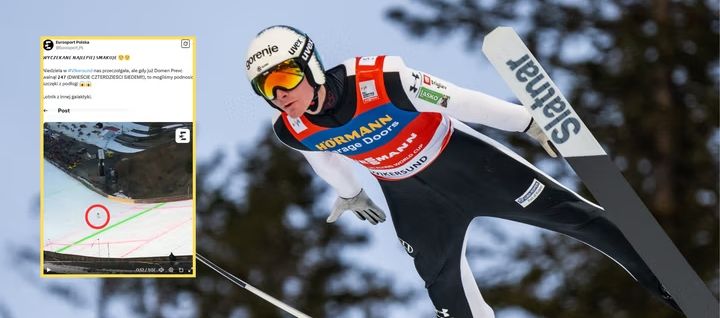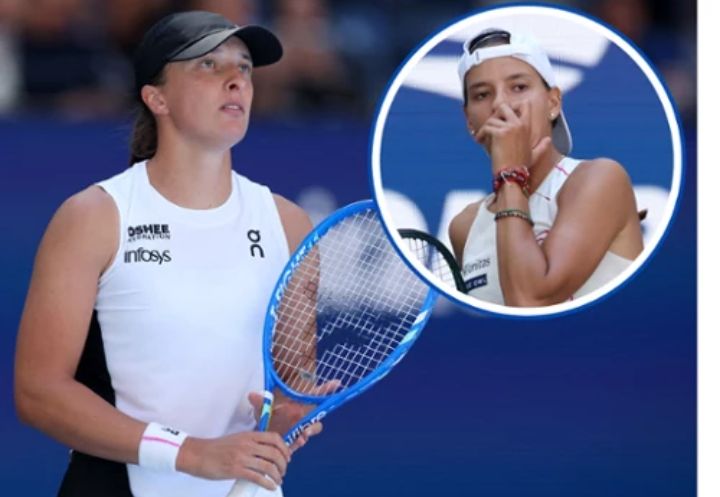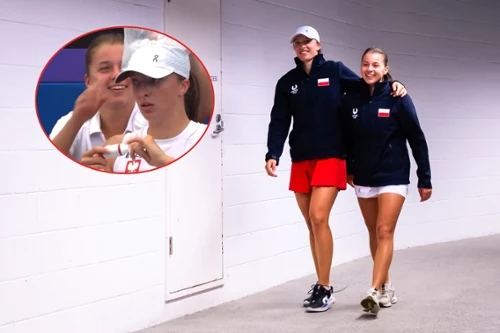PGA Tour Stands Firm as LIV Golf Faces Financial Setback: What’s Next for Golf’s Rival Leagues?
PGA Tour Stands Firm as LIV Golf Faces Financial Setback: What’s Next for Golf’s Rival Leagues?
In a significant development within the world of professional golf, LIV Golf’s recent attempt to smooth relations with the DP World Tour has been firmly rebuffed. The breakaway league, seeking to address fines imposed on its players by the European circuit, saw its proposal rejected, marking a new chapter in the ongoing saga between the two rival golf tours.
LIV Golf’s Attempt at Reconciliation
LIV Golf, the Saudi-backed league that has been at odds with traditional golf circuits, made headlines recently by approaching the DP World Tour with an offer to settle outstanding fines incurred by players who competed in LIV events. The DP World Tour had previously imposed these fines following a 2023 arbitration case which saw it penalize and suspend members for participating in LIV Golf’s controversial tournaments.
In a bid to resolve the tension, LIV Golf’s proposal aimed to clear these fines and potentially mend fences with the European tour. This move was part of a broader strategy by LIV Golf to reestablish relationships with other golf circuits and reduce friction with established tours.
PGA Tour’s Role and Reaction
The PGA Tour, which has maintained a staunch opposition to LIV Golf, was fully informed of LIV Golf’s offer to the DP World Tour from the outset. The American-based tour, known for its hardline stance against the breakaway league, was kept in the loop throughout the discussions between LIV Golf and the DP World Tour.
This transparency underscores the PGA Tour’s commitment to its zero-tolerance policy regarding LIV Golf. The PGA Tour has been resolute in banning players affiliated with LIV Golf from participating in its events, reflecting its broader strategy to safeguard its traditional structure and competitive integrity.
DP World Tour’s Stance
Despite LIV Golf’s efforts, the DP World Tour’s response was unequivocally negative. The Wentworth-based circuit, which has a Strategic Alliance with the PGA Tour, opted to maintain its original sanctions against LIV-affiliated players. The DP World Tour’s leadership has shown no willingness to compromise, adhering strictly to the penalties imposed following the arbitration ruling.
This rigidity is consistent with the DP World Tour’s stance since the inception of the conflict with LIV Golf. The tour’s firm position highlights its determination to uphold its decisions and resist any form of negotiation that might undermine its authority or the actions taken against those who joined the rival league.
The Impact on Players
The rejection of LIV Golf’s offer has significant implications for players like Jon Rahm and Tyrrell Hatton. Both golfers, who had previously faced sanctions from the DP World Tour, have sought to appeal these penalties. Their appeals are aimed at enabling them to compete in the DP World Tour’s Autumn events and maintain their eligibility for the Ryder Cup.
Jon Rahm, in particular, has been vocal about his disdain for the fines imposed on him, stating, “I’m not a big fan of the fines. I’ve been outspoken about the fines. I don’t intend to pay the fines and we keep trying to have a discussion with them about how we can make this happen.” Rahm’s statements reflect a broader discontent among LIV-affiliated players regarding the sanctions they face and their ongoing efforts to find a resolution.
PGA Tour and LIV Golf: The Negotiations Continue
In parallel with these developments, the PGA Tour is engaged in its own set of negotiations with LIV Golf’s backers, the Public Investment Fund of Saudi Arabia (PIF). Following the announcement of a framework agreement in June, discussions are ongoing, though a formal deal has yet to be finalized.
The latest talks, which took place in New York, involve discussions about potential investment from the Saudi fund into PGA Tour Enterprises, a for-profit arm of the PGA Tour. These negotiations are pivotal in shaping the future landscape of professional golf, as both sides work toward a resolution that could alter the dynamics between traditional tours and the breakaway league.
Conclusion
As the PGA Tour and DP World Tour maintain their firm stance against LIV Golf, the breakaway league faces mounting challenges. LIV Golf’s failed attempt to negotiate with the DP World Tour and the PGA Tour’s unwavering position highlight the complex and contentious nature of the current golf landscape. With ongoing negotiations and appeals, the future of professional golf remains uncertain, and the resolution of these disputes will have far-reaching implications for players, tours, and fans alike.






